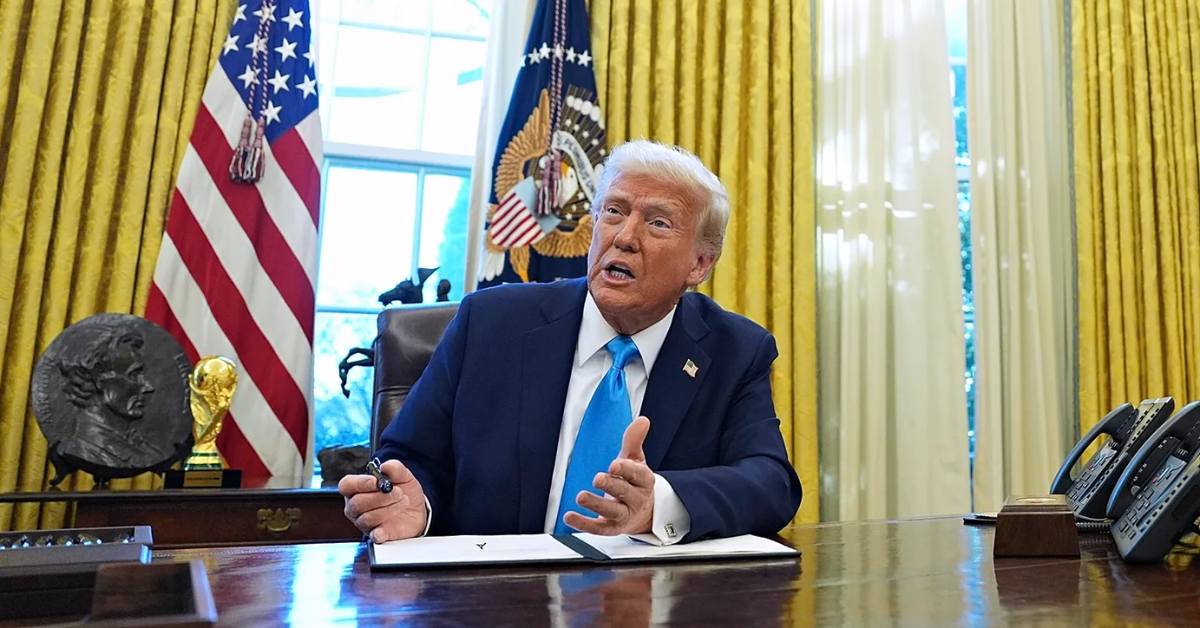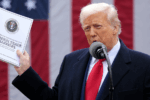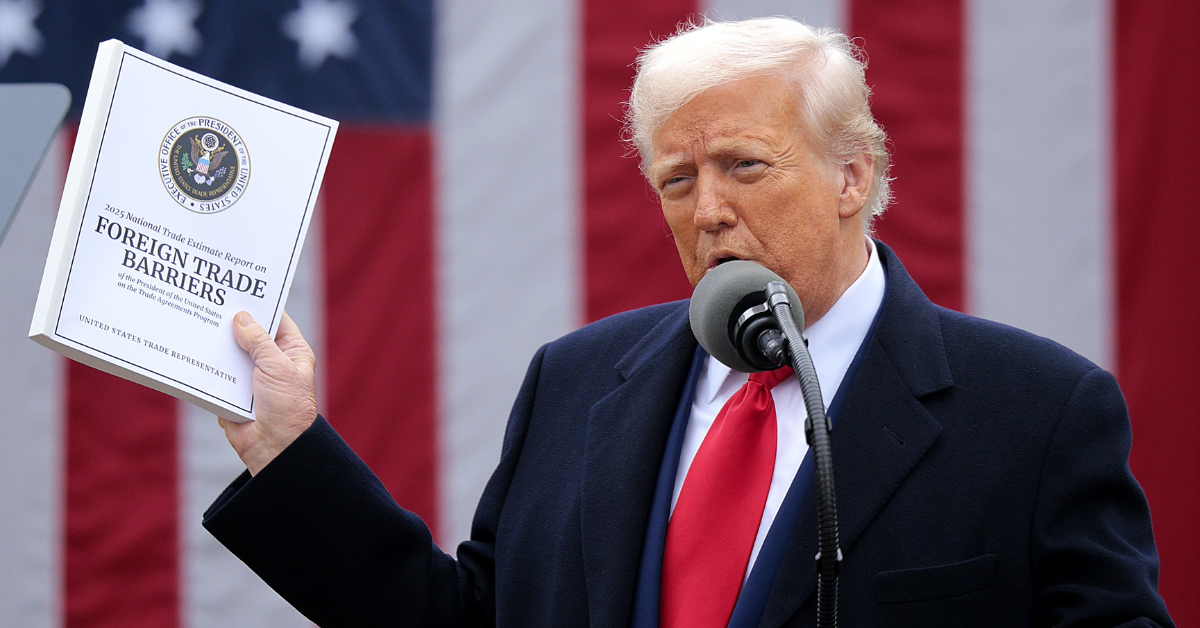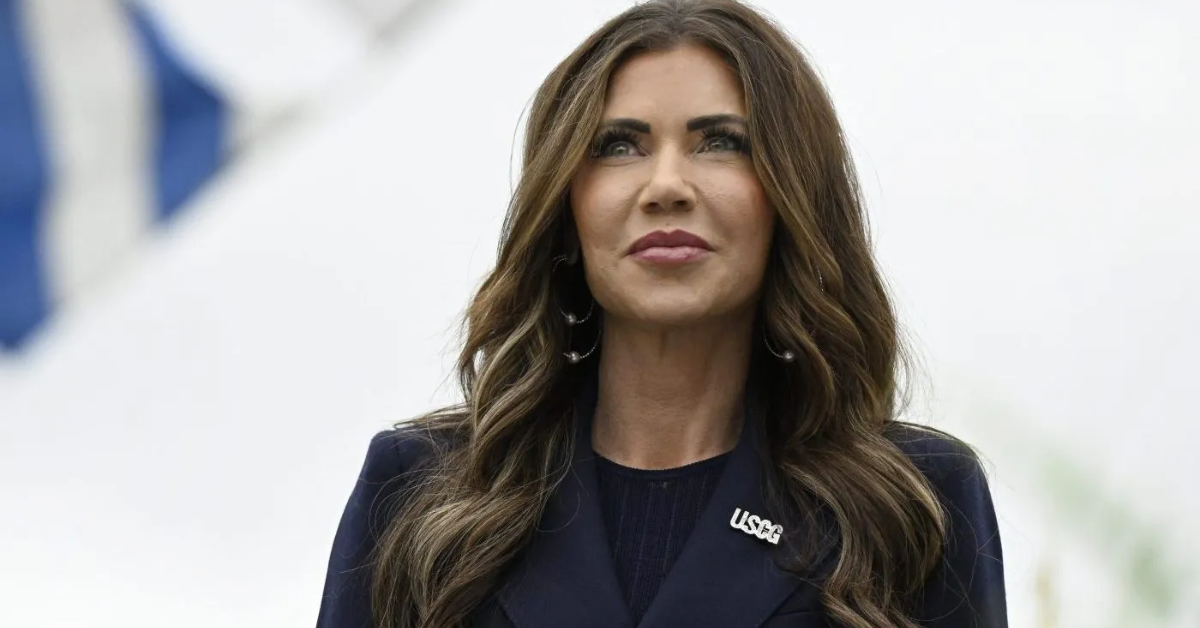In a significant move addressing international human rights concerns, former US President Donald Trump has signed an executive order establishing a new category known as the “state sponsor of wrongful detention.” This designation aims to spotlight countries that hold foreign nationals on unfair or politically motivated grounds. The step is viewed as an effort to pressure offending nations to release wrongfully detained individuals and uphold global justice.
This executive order is expected to bring fresh dynamics to US foreign policy and international diplomacy by imposing additional sanctions or restrictions on states identified under this new category. Understanding the reasons, implications, and reactions surrounding this order can help readers grasp how global accountability is evolving in today’s geopolitics.
What is the ‘State Sponsor of Wrongful Detention’ Designation?
The newly created designation targets countries that imprison foreign nationals without just cause, often for political leverage or coercion. According to official White House documents, wrongful detention cases frequently involve diplomatic tensions and human rights abuses, where detainees serve as bargaining chips rather than being subject to fair legal processes.
This move is part of broader US efforts to strengthen human rights advocacy worldwide. By tagging countries as “state sponsors of wrongful detention,” the US government can impose economic sanctions, visa restrictions, or travel bans on the officials responsible. This approach is designed to increase international pressure for the release of prisoners held unjustly, echoing earlier frameworks like the well-known “state sponsors of terrorism” list.
How Will this Executive Order Work?
The order empowers multiple US government departments, including the Department of State and the Treasury, to identify and report countries engaging in wrongful detention. Once a country is designated, it will face a series of penalties such as financial restrictions and limitations on bilateral engagements.
Additionally, the executive order requires the government to publicize the names of detained individuals and their conditions, thereby increasing transparency and global awareness. This approach is expected to aid diplomats and human rights organisations in advocating for detainees more effectively. According to Reuters, this designation could lead to “stronger diplomatic tools” to confront wrongful imprisonment around the world.
Why is This Important for International Relations?
Wrongful detention has long been a tool used by some states to exert political influence or retaliate against rival nations. With this executive order, the US signals its commitment to prioritizing human rights in foreign policy and holding governments accountable for illegal arrests and imprisonment. This marks a shift toward more direct consequences for such practices.
For India, where many citizens travel abroad for education, work, or tourism, this development sends a clear message against unfair treatment of foreign nationals anywhere in the world. It also encourages better adherence to international legal standards. Experts suggest this will strengthen existing human rights frameworks and encourage other countries to adopt similar enforcement policies.
Reactions from the Global Community
The announcement has received mixed responses. Human rights groups have welcomed the move as a positive step toward international justice. Amnesty International described it as “a necessary tool to combat the rising trend of political imprisonments” and praised the transparency measures encouraged by the order.
However, some countries might view the designation as a political tool or interference in their internal affairs. Diplomatic balancing will be essential to ensure that this policy leads to constructive dialogue rather than escalating conflicts. According to The Washington Post, there is anticipation over how future administrations will handle and possibly expand this policy.
What Does This Mean for Younger Readers and Global Citizens?
For young people around the world, who are increasingly aware of social justice and human rights issues, this executive order represents hope for stronger international protections. It highlights the importance of standing up against unfair imprisonment and encourages active global citizenship.
This policy also stresses the power of governments to use diplomatic tools creatively in promoting fairness and accountability. By understanding such international legal instruments, youth can become more informed advocates for human dignity and justice worldwide.
Conclusion
Trump’s executive order creating the “state sponsor of wrongful detention” designation marks a meaningful development in the ongoing fight against political imprisonment and human rights violations. By holding offending countries accountable through sanctions and public reporting, the US aims to deter wrongful arrests and protect innocent detainees globally.
The effectiveness of this order will largely depend on its implementation and international cooperation. As global citizens and especially younger generations become more engaged with such issues, transparency and pressure will play key roles in ensuring justice prevails on the world stage.
For further information, readers can visit official White House resources or refer to detailed media coverage such as Reuters’ report on the policy and The Washington Post’s analysis of its impact on foreign relations.





